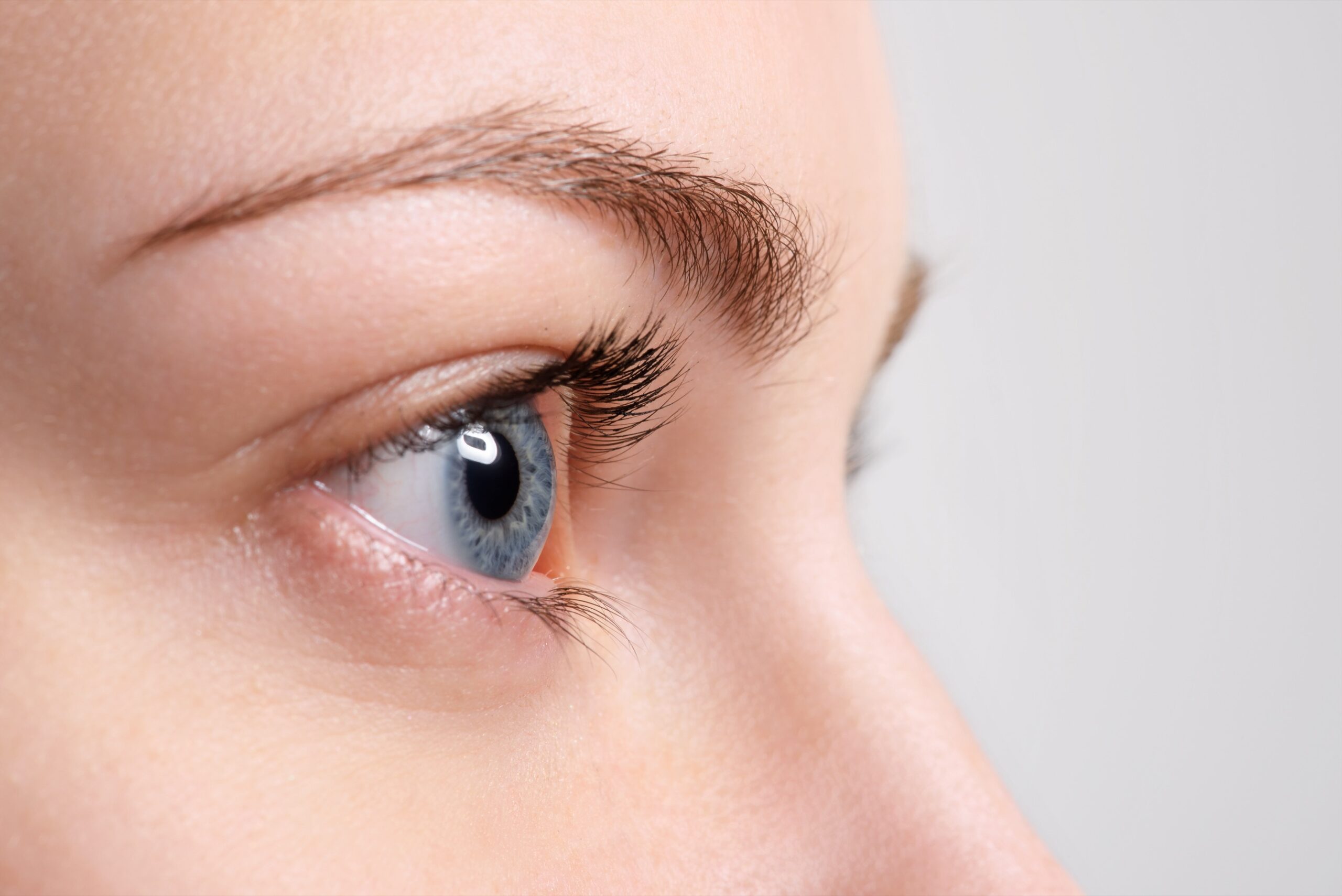The corneal specialists at Huron Ophthalmology have the experience and offer the latest technology necessary to treat a wide range of corneal diseases and injuries. Our cornea team includes fellowship-trained experts in the treatment of complex corneal conditions.


The cornea is the clear front part of the eye that covers the iris and pupil. It helps focus light, providing most of the eye’s optical power. It also acts as a shield to protect the eye. If the cornea becomes damaged–whether from injury, disease, or a genetic condition–turn to the corneal specialists at Huron Ophthalmology for expert evaluation and care.

There are many causes of corneal disease and degeneration. If the cornea is damaged, it may become swollen or scarred, and its smoothness and clarity may be lost. Scars, swelling, or an irregular shape can cause the cornea to scatter or distort light, resulting in glare or blurred vision. Corneal diseases or injury can not only be uncomfortable, but they may also pose a threat to a patient’s ability to see. In some cases, prompt treatment of corneal conditions is essential to preserve vision.
Our experienced ophthalmologists use the latest in laser surgery technology to ensure you get the best care possible.
View All DoctorsA corneal abrasion is a scratch or scrape on the surface of your cornea. Scratches on your cornea can make it feel like something is stuck in your eye. They can make your eyes red, painful, watery and sensitive to light. Your eye doctor can help identify the best solution for fast healing, which may include antibiotic eye drops or ointment.
Corneal infections are often the result of injuries to the cornea such as scratches that allow bacteria or fungus to enter the cornea. Contact lens wearers are at higher risk of corneal infections. In most cases, corneal infections can be treated with antibacterial or antifungal eye drops or oral medications. This is normally a treatable condition, but severe corneal infections can threaten your eyesight and eye health and may require surgical treatment or a corneal transplant.
A corneal ulcer is a painful wound on the cornea that may be the result of scratches, injury, or poor contact lens care. In addition to pain, a corneal ulcer may cause decreased vision, eye redness, light sensitivity, swelling of the eyelids, or the sensation that there is something in the eye. This condition can progress to threaten vision and should be treated promptly by an ophthalmologist.
Fuchs’ endothelial corneal dystrophy is a condition that causes the cornea to swell and can lead to blurry vision, glare, or eye pain in severe cases. If Fuchs’ dystrophy progresses to a stage where vision is affected, DMEK corneal transplantation is highly effective in restoring excellent long-term vision.
Keratoconus is a condition characterized by a cornea that becomes irregularly shaped (more conelike than domelike). Common symptoms include ghost images, halos, sensitivity to light and blurred vision. This can be a progressive condition. In early stages, keratoconus can be treated with special contact lenses. If progressive bulging of the cornea occurs, a procedure called Corneal Crosslinking can be effective. In advanced cases, corneal transplantation may be needed.
A pterygium is a growth on the outer layer of the eye, called the conjunctiva. Most symptoms of a pterygium, including dry eye, redness, burning or itching, can be treated with over-the-counter or prescription eye drops. If a pterygium grows large enough to obstruct vision, surgery may be necessary.

Corneal transplant surgery is known as keratoplasty. During this procedure, a patient’s diseased or damaged cornea is replaced with donor corneal tissue. More commonly, a newer procedure called DMEK (Descemet’s membrane endothelial keratoplasty) allows for only the diseased portion of the cornea to be replaced, resulting in much faster healing and visual recovery.